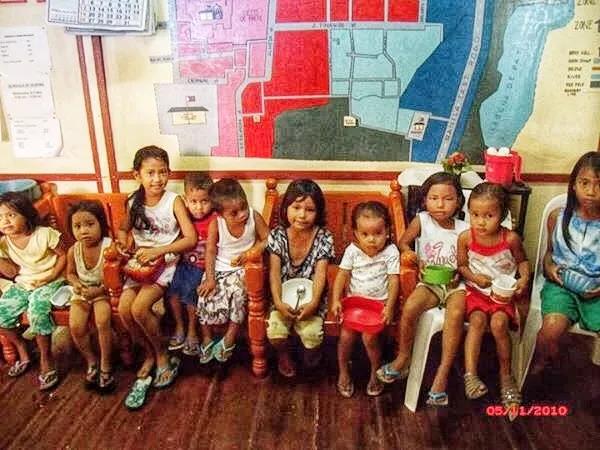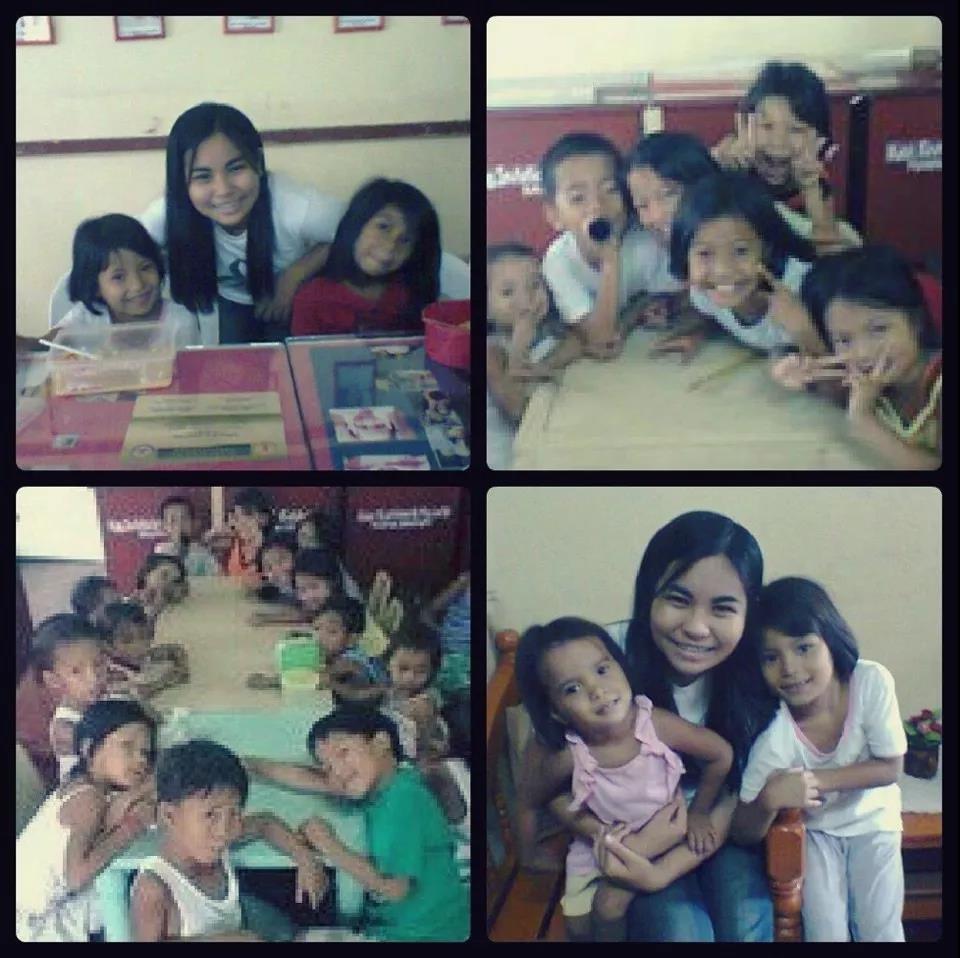2019-04-18
OECian Maria Wins 3rd in "CGTN Belt and Road Essay"

Article by Maria Clara Bernadette Balahadia Dela Cruz (Cladette)
Philippines Student, Jiangsu University
When I was just applying for a university in China back in 2015, the admission officer informed me that I will be the one and only student from the Philippines if I were to choose their university. In my mind, maybe it's just for a while, but it has been four years and I still don't have anyone from my country. Despite it, I never felt alone. China has become my home and the people here become my family. Whenever the Belt and Road Initiative (BRI), one of China's flagship project, comes to mind, I can't help but relate my life here in China as an international student with it. Living in a foreign country without anyone who shares the same language and culture as yours might make you feel isolated and secluded, but being surrounded by people who have the same goals and interests makes you feel safe and secure. Just like the BRI, every country involved in it shares the same objectives, which are to promote and enhance trade relations, infrastructure, financial cooperation, and social and cultural exchanges. As the Chinese government calls the initiative "a bid to enhance regional connectivity and embrace a brighter future," the BRI will undoubtedly impact the world, as unity is strength and when there is cooperation and collaboration, great things can be achieved.

International Culture Festival at Jiangsu University. /Courtesy of Maria Clara Bernadette B. DELA CRUZ
Before I went to China, I had been living most of my life in the Philippines. Back there, I was an active member of the country's Girl Scouts, where most of our activities focus on serving the community. From there, my awareness of my country's poverty grew deeper.
Poverty is one of the challenges the Philippines has been facing for many years despite a growing economy. According to reports, 21.6 percent of the country's population still lives below the national poverty line along with an unbalanced poverty rate in rural and urban areas, 36 percent compared with 13 percent respectively.

With poverty everywhere and employment opportunities scarce, many citizens are unable to afford even daily necessities, leading to malnutrition, increase in crime rate, inability to afford housing and increase in the number of out-of-school youth or children who cannot have a proper education.
The Philippine government has prepared strategic plans to lower poverty rates, known as the "Ambition Nation 2040," which is a long-term vision to bring down poverty and improve the life of the Filipino people. But looking through it, achieving this will be difficult without improving productivity in all sectors.

The author spends her weekends with children in a small town in the Philippines and teaches them how to read and write, discusses with them about proper hygiene, and monitors their health status. /Courtesy of Maria Clara Bernadette B. DELA CRUZ
The Philippines is a developing country that is home to more than 100 million Filipinos. With the BRI, the Philippines and China are set to open boundaries and opportunities. The country stands to benefit particularly from the Maritime Silk Road that is related to the port network development, paving the way for the lower cost of shipping local goods to other countries.

So far, China is one of the biggest trade partners of the Philippines and through this initiative, it will also give way in opening new markets to the other parts of the world, especially to countries that are part of the BRI. Infrastructure development in our country is vital, and we cannot deny that we need communication links of international quality to enhance our business and trade efficiency. Back in 2017, Philippine President Rodrigo Duterte signed a number of infrastructure cooperation agreements with China, which was thought to be a good start for the country's development. It was also the start of mending the trade of agricultural goods and boosting the number of Chinese tourists in the country. How will BRI affect the country and its people? In my opinion, as long as China, the Philippines and other participating countries of the BRI continue to cooperate with one another and enhance mutual trust, opening new doors might be the key to the betterment of each and every fellow Filipino living inside and outside the Philippines. Who will not be impressed by the Belt and Road Initiative? The BRI might be the answer to all the problems many countries are facing. I strongly believe that through the BRI, together we can change the world.
Contact Us
08:30-11:30 | 14:00-17:00
Admissions Office: +86-511-88792366
Students' Affairs: +86-511-88792566
Teaching Affairs: +86-511-88792216
No. 301 Xuefu Road, Zhenjiang, Jiangsu P.R. China 212013




